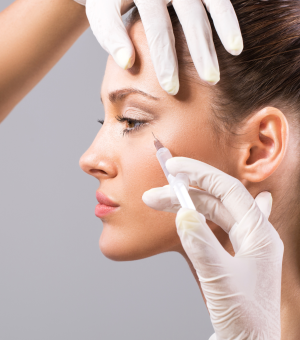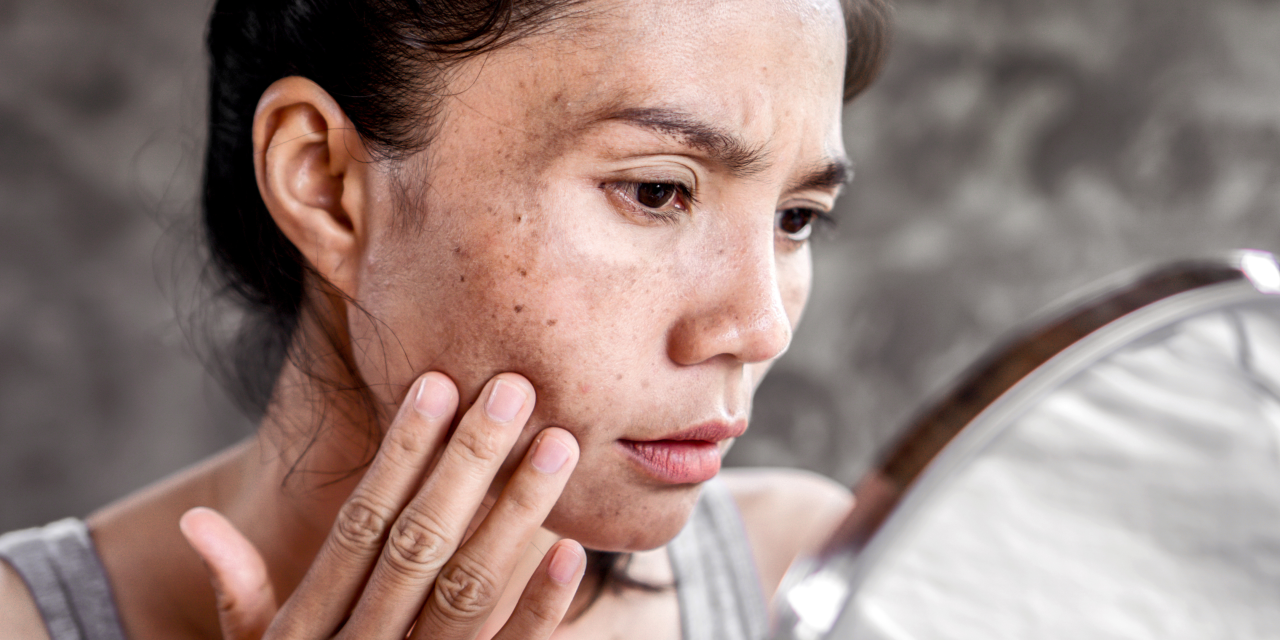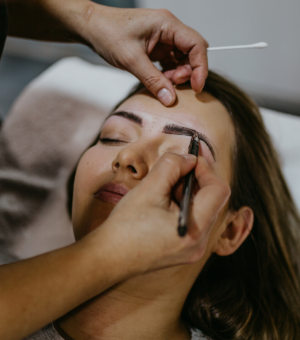If you already have hyperpigmentation, several effective treatments can help lighten the dark spots and improve your skin’s appearance:
Topical Treatments:
-Hydroquinone: A skin-lightening agent that reduces melanin production. It’s often considered the gold standard for treating hyperpigmentation.This option will be evaluated in the short term since this molecule can possibly cause permanent hyperpigmentation by ochronosis.
-Retinoids: Vitamin A derivatives that promote cell turnover and reduce pigmentation.
-Vitamin C: An antioxidant that helps brighten the skin and reduce melanin production.
-Tranexamic Acid: Topical or oral by prescription.
-Azelaic Acid: A naturally occurring acid that can help reduce inflammation and pigmentation.
-Chemical Peels: Peels containing alpha-hydroxy acids (AHAs) or beta-hydroxy acids (BHAs) exfoliate the skin and promote the shedding of pigmented cells.
Laser Therapy:
Fractional lasers, intense pulsed light (IPL), and other laser treatments can target and break down melanin in the skin. Usually used as a last option.
Microdermabrasion and Dermabrasion:
These procedures exfoliate the top layers of the skin, helping to reduce pigmentation.These techniques should be used with caution since they could potentially accentuate hyperpigmentation if they are not carried out adequately.



